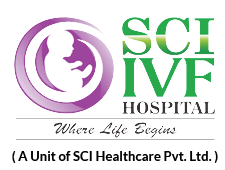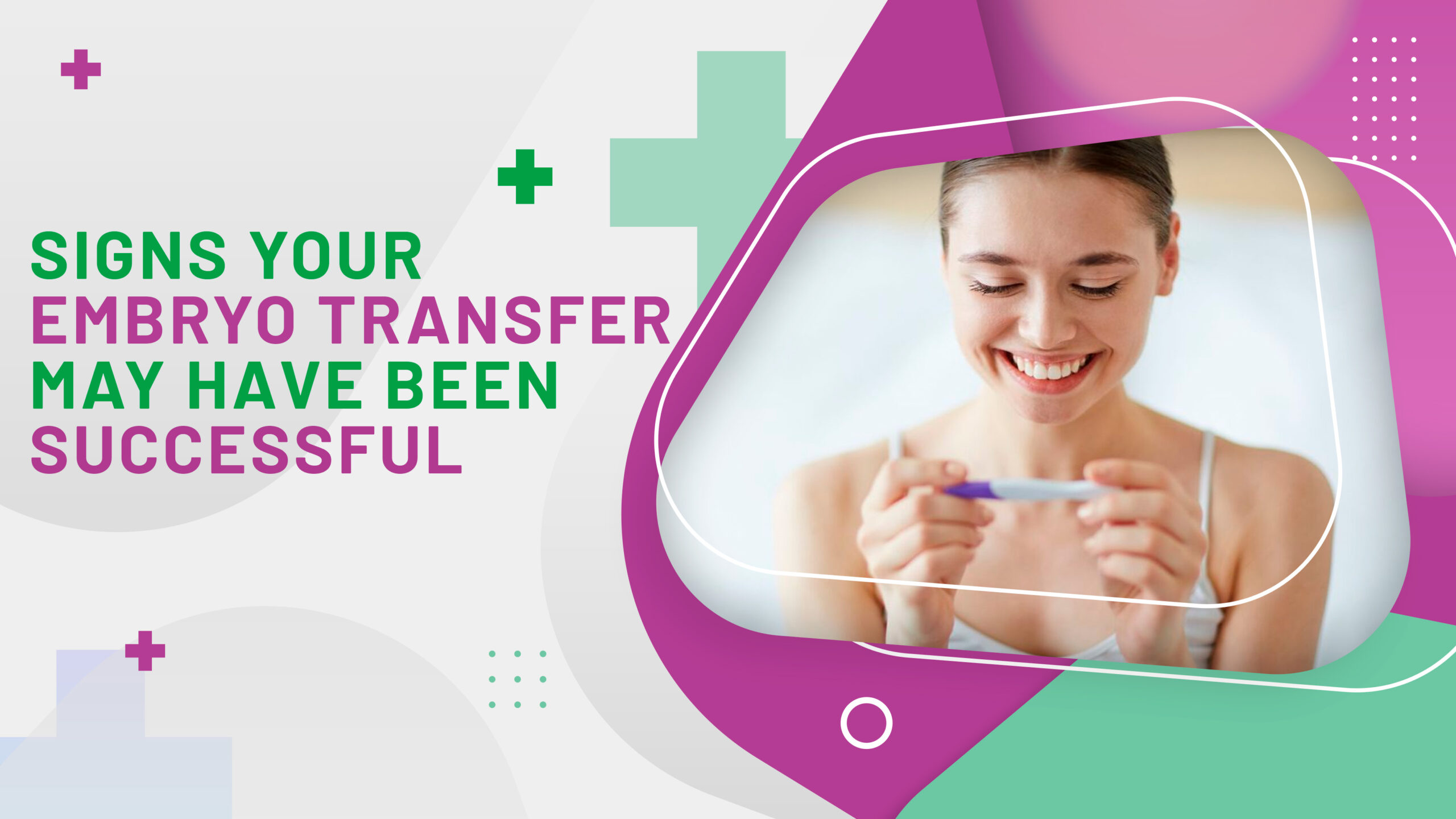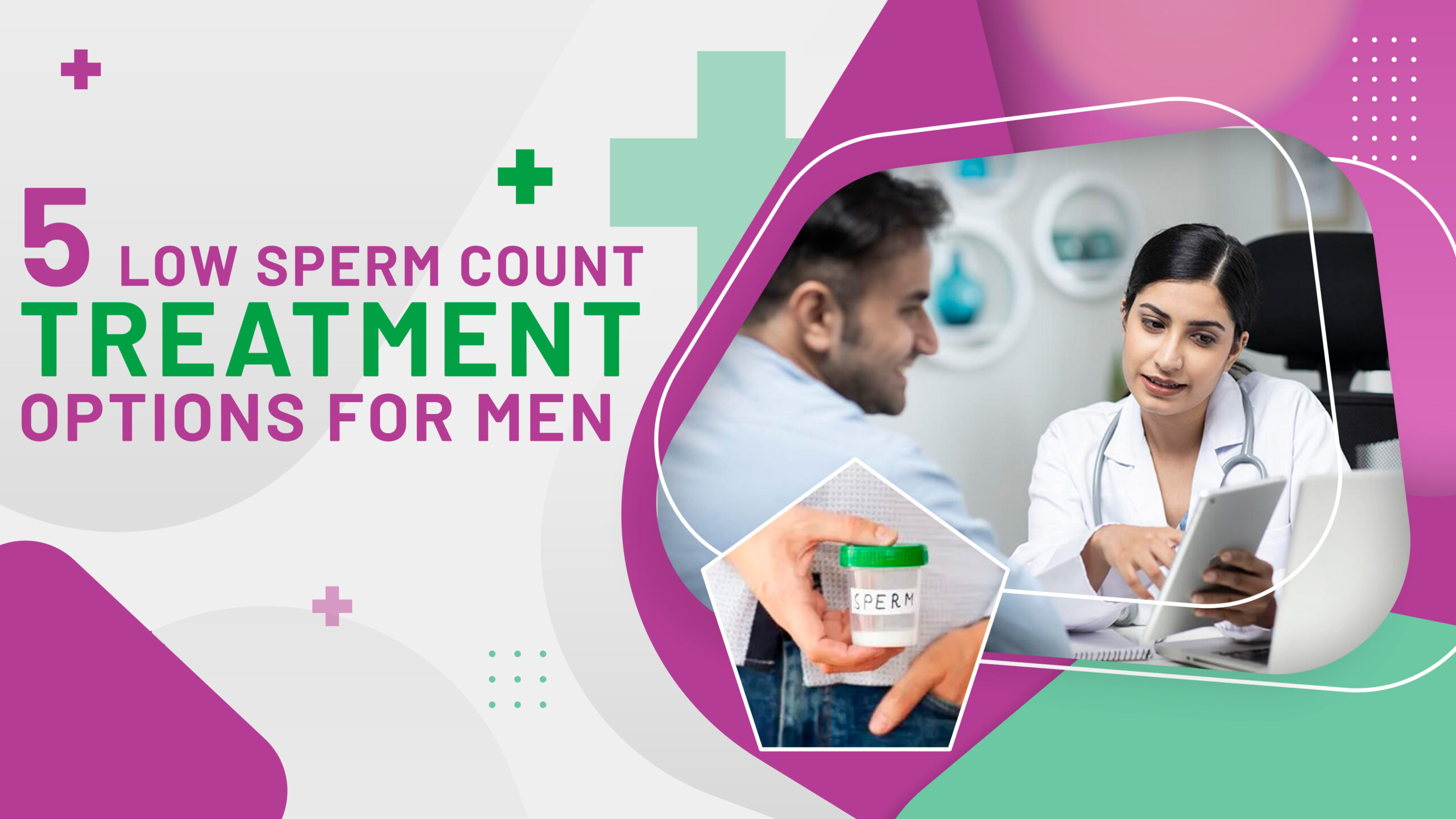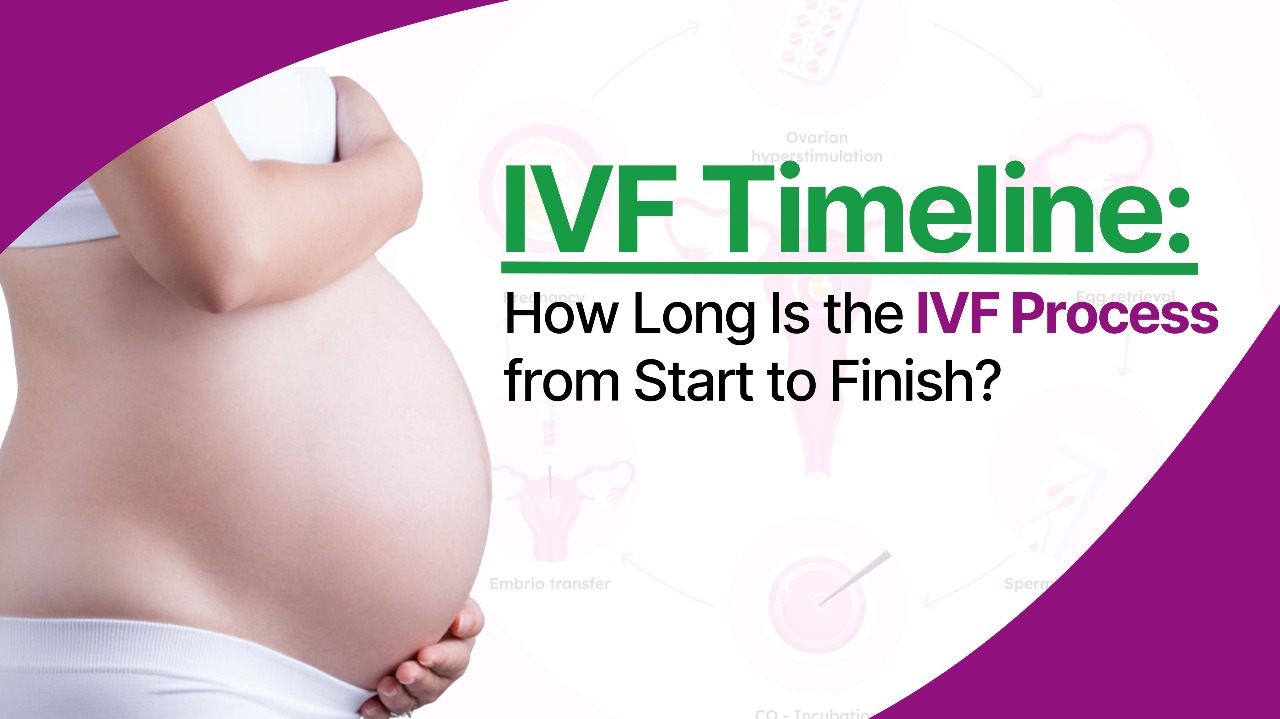Days after an embryo transfer will most likely be a ride of mixed emotions of hope, doubt and many questions. It is natural that numerous couples going through an IVF procedure start overthinking every little pain or discomfort in the body and ask themselves: What do the symptoms of possible implantation look like after the embryo transfer? Does it indicate that an implantation has taken place successfully? Although a blood test is the only way to provide absolute answer, there are some symptoms of IVF early successes, which can make you feel that everything is going on the right track.
Another fact that must be mentioned is that there is no single way to go. Not all women are affected in the same way, as some may feel the difference, but others experience nothing, yet both of these can result in a positive pregnancy.
Here in our blog, we unpack some of the most frequent symptoms that may indicate a successful result of embryo transfer and what they may mean for your IVF journey.
Key Signs Of Successful Embryo Transfer
These are some of the most common symptoms after embryo transfer that might refer to the successful implantation, as well as their potential implications for the IVF process.
1. Cramping and spotting of light (7-9 days after transfer)
The first week after embryo transfer is the usual time of experiencing mild cramping or even mild spotting. Implantation accompanied by the usual effects of progesterone or other supplements generally results in a little pain or spotting in the pelvis and may present as light pink or brown in color. All these symptoms are not always an indication of failure-it may indicate that the embryo is attaching successfully.
2. Tenderness, Soreness, or Swelling of Breasts
Breast tenderness or swelling can be caused by hormonal changes mostly due to elevated hCG and progesterone within one week or so. Areolas may darken slightly and nipples become sensitive. Thinking about it, and wondering whether it can be a symptom of successful IVF procedure? Well, it can, but it may also be the effect of fertility medicines/drugs.
3. Fatigue, Mood Swings & Nausea
Strange fatigue or emotional response during two-week period of TWW (two-week wait) is normal. Early pregnancy may make you feel tired, irritable, and even nauseated or have a headache, because during this time, progesterone and blood volume increase. Those may not be related to pregnancy in particular but can be possible symptoms after undergoing embryo transfer.
4. Expanded Urination and Inflated stomach
An increase in hCG level may cause excessive urination – which is one of the first symptoms to be noticed. On the same note, progesterone can also delay digestion leading to bloating or abdominal bloating. These are usual signs of early stages of implantation.
5. Vaginal Discharge or Implantation Bleeding
Occasionally, women may see an increment in the quantity of white or creamy discharge that may be connected to the estrogen levels at the initial stages of pregnancy. Then in other situations there would be scantily implantation bleeding, which too can be a positive symptom of pregnancy, but not every pregnancy would result in stepping up implantation bleeding.
6. Missed or Late Period
The same with your cycle, since it is normally regular and then it happens, it may signal implantation. IVF drugs can also cause the delay of a period, however, as an indicator IVF success symptoms it is quite clear that a period missing will be part of this positive IVF success sign.
How Soon After a Pregnancy Test Can You Expect a Positive Pregnancy Test?
A test must wait at least 10-14 days after triggering shot to avoid false positive according to hCG. Quantitative blood test (beta hCG) is usually recommended to verify the pregnancy by clinics – positive elevation of hCG is observed with jab results as well, then pregnancy is identified.
Why Not to be Worried about the Symptoms?
These include: Many of the above signs, cramping, breast tenderness, bloating and fatigue can be alleviated by onset of other hormones such as progesterone. Indeed, 10 % to15% of women show no symptoms, but manage to get pregnant nonetheless. The same goes for the symptoms they do not offer any assurances that it will succeed as well. What should be the best strategy? Relax, take it easy, and do not think too much about each twinge.
Ways to Improve Your Two-Week Wait
- Do not stop your prescribed hormones, in particular luteal support, such as progesterone or estrogen.
- Healthy routine: healthy diet, hydration, light exercise (do not do heavy exercises).
- Early bed rest should be avoided no evidence was found to prove the usefulness of early bed rest in fact it can suppress the implantation.
- Find defense against stress with help of partners and counselors or support groups- there is no evidence that stress can affect the outcome of IVF negatively.
Summary of IVF Process Timeline & Early Symptoms
| Timeline Post-Transfer | Possible Symptoms |
| 1–4 days | Mild cramps, bloating, mood swings |
| ~7 days | Light spotting, implantation-related cramping |
| 7–9 days | Breast tenderness, nausea, fatigue |
| 10–14 days | Frequent urination, bloating, missed period |
| ~14 days (beta test) | Blood hCG test for confirmation |
Conclusion
As much as any symptom can never guarantee success, it is prudent to know the common symptoms that come about after undergoing an embryo transfer. These may be light cramping, spotting, tenderness of breasts, fatigue and feeling the need to pass urine frequently. These possible IVF success symptoms tend to indicate preliminary implantation, but the surest clue is the 10-14 days post-transfer pregnancy test.
If you need to have advanced fertility support within a caring hospital, then SCI IVF Hospital is your destination. Our rate of assisting couples in the first steps of their parenthood is already immense, as we have helped thousands of couples start their parenthood journeys. This we have achieved in a personalized IVF treatment in Delhi, with the help of experienced doctors and state-of-the-art technology. At SCI IVF, you get treatment that takes into consideration your distinct reproductive health and hormonal status as well as cycle management.
The path to parenthood should be professionally and expertly guided. Contact SCI IVF Hospital and make your appointment now, and take the next step with confidence toward expanding your family.






